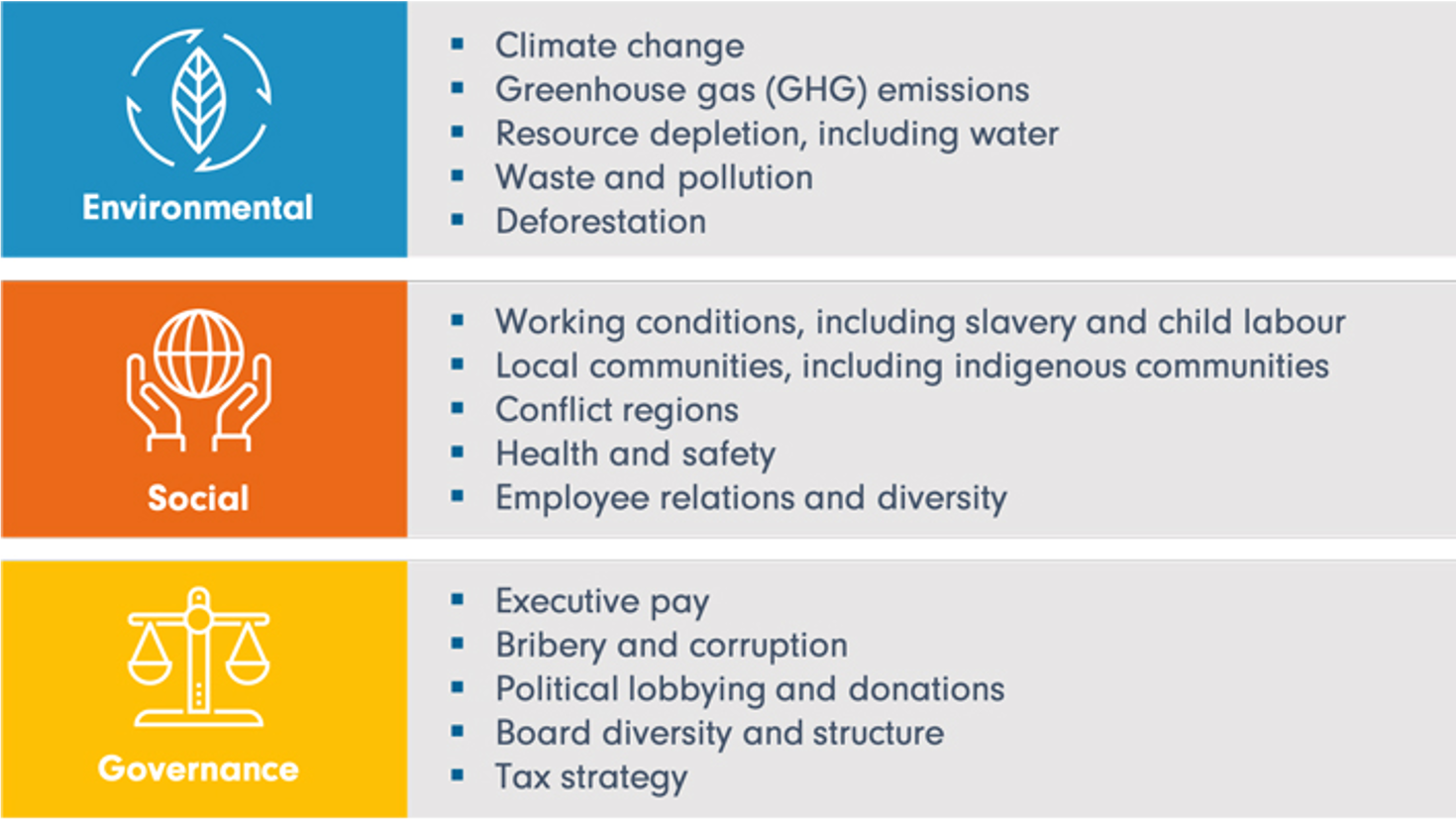ESG Introduction
ESG, or Environmental, Social, and Governance, is a framework for evaluating the sustainability and societal impact of business practices. It has gained increasing importance in recent years as investors and stakeholders demand greater transparency and accountability from companies. ESG encompasses a wide range of issues, from climate change and energy use to human rights and diversity. As companies increasingly recognize the value of sustainable practices, ESG considerations are becoming an essential part of investment and decision-making processes.


Global Impacts
The impacts of ESG are felt not only within individual companies but also across industries and around the world. Companies that fail to address ESG risks face reputational damage, legal challenges, and financial losses, while those that prioritize ESG issues can create value and drive innovation. Additionally, ESG factors have significant implications for global economic, social, and environmental systems. For example, climate change and resource depletion threaten long-term economic stability, while social inequalities and labor abuses can lead to social unrest.
As the Digital Sustainability Association, we recognize the importance of ESG analysis and its potential for creating a more sustainable world. We work with individuals and institutions to help them understand and integrate ESG considerations into their decision-making processes. Our digital tools and resources provide easy-to-use frameworks and metrics for evaluating ESG risks and opportunities. By empowering businesses and individuals to prioritize sustainability, we can build a more resilient and equitable future.


